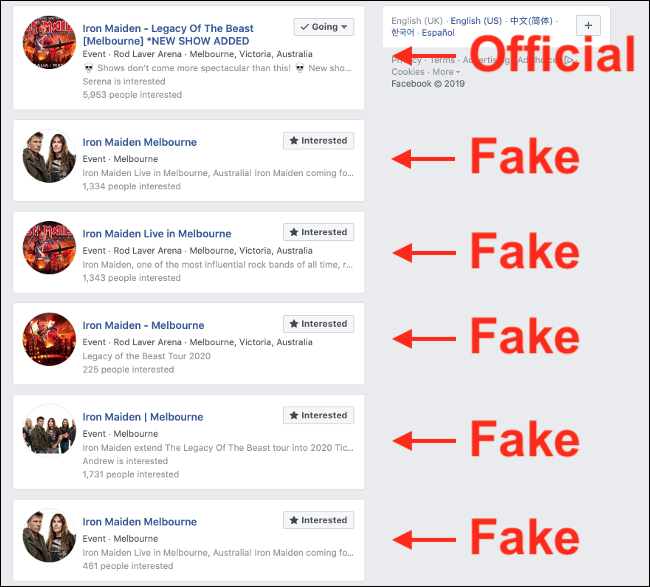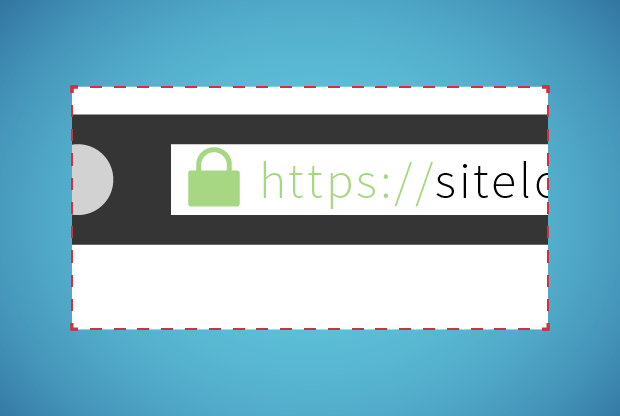Facebook is one of the most popular social networks in the world, but even there you can become a victim of fraud. Facebook employees try to protect members of their website from online scam. They use spam filters and block malware users.
However a lot of scam pages post their advertisements, comment and even simple quizzes on Facebook to draw your attention in order to become your personal data etc. In this article you will find a lot of recommendations how to avoid fraud on Facebook. You will find out how to act with posts that cacth your attention or require your clicks.

You know, even the most popular social network of Mark Zuckerberg suffer from scammer each day, they do their best to keep their 1.5 bn members in safe mode.
You’ll be happy to win tickets or any product as a prize for 1 like of any marketing page on Facebook. However, those trademarks you were convinced for their status were simple and decent fraud.
Actually, thousands of scam sites and pages post their advertisement for comments, shares, and likes just to lure potential customers to their company, they pretend to be high-quality brands. They are looking for people who trust them.
Experts say that such reputable and trusted websites can be a real platform for online bilkers. Referring to Cisco’s Annual Security Report, about 34,000,000 malware examples have been found by the specific research.

So how do they usually attract people? Indeed even with simple quizzes! You know, phishing goes easy if you are confident in what you are doing that’s why you paste your personal details during scrolling such bright and familiar pages. However, Facebook detects false stories with fraud links and forms or some other specific information.
Let me also tell you about clickbaits. They are one of the effective methods. Believe me, some interesting stories you read involve you to read the end of it, you follow the link and… ooops… trojans, worms, spywares and different kind of malwares is instead of necessary content you’ve been looking for.
As a rule mundane and inoffensive information is used in the post to catch your attention, that can be a funny video, gif picture, or any cute picture. Therefore you go to the page where you need to give the information to continue. Besides all of that is based on multiple views! So there is nothing suspicious for you to think.
Today they even use fresh world news for attraction potential victims to click on their posts.
Sometimes they ask member’s login information and even banking card details!
And if your parents or relatives share some innocuous posts, quizzes, advice, and everything, check them. Different surveys offer and promise something for free but will it be free?
I refer to Richard Patterson, director of Comparitech.com who said that usually, people were unaware of such things, so bilkers knew that they would have had such category and kept working in this direction.
Remember!
Take a breath for a while and do not click ‘accept’ immediately. Think for a while. They wait for your fast actions, they want that. But if you reconsider or at least read this article – you would be educated, experienced, and defended.
Other social platforms
One clickbait headline is the best trap to get in even somewhere else but such great sites as Facebook gives more than 10 000 views of followers a day. Since Facebook uses spam filters and blocks malwares users this does not give a guarantee of the whole safe link you would like to follow. If one of the most respectful job companies will suggest you a private email and filling forms with data, that’s a red signal. While you will be thinking about, they would have your personal details you pasted by YOUR OWN WISH!
Facebook gave a push for additional scam in other services like FB Messenger, Instagram, and WhatsApp.
Personal communication services are better for scammers and have no third party to monitor unless they receive any report from you.
Such apps encourage members to download and install PUPs (Potentially Unwanted Programs). Such programs can require any particular information like a phone number.
What will happen?
You will get a notification. They will inform you about the price for using this app!
Head management of Facebook says that they have strong Anti-scam policy and they check the content.
Scammers’ tactics are changing constantly, meaning that if Facebook tries to automatically block anything that might be a scam, it will end up blocking legitimate content and annoying users.
Scam attacks are to be declining constantly, however you need to keep in mind that if you use any other social source, probably they may have some good defense system. However, their tactics grow each day. Remember this and be smart.